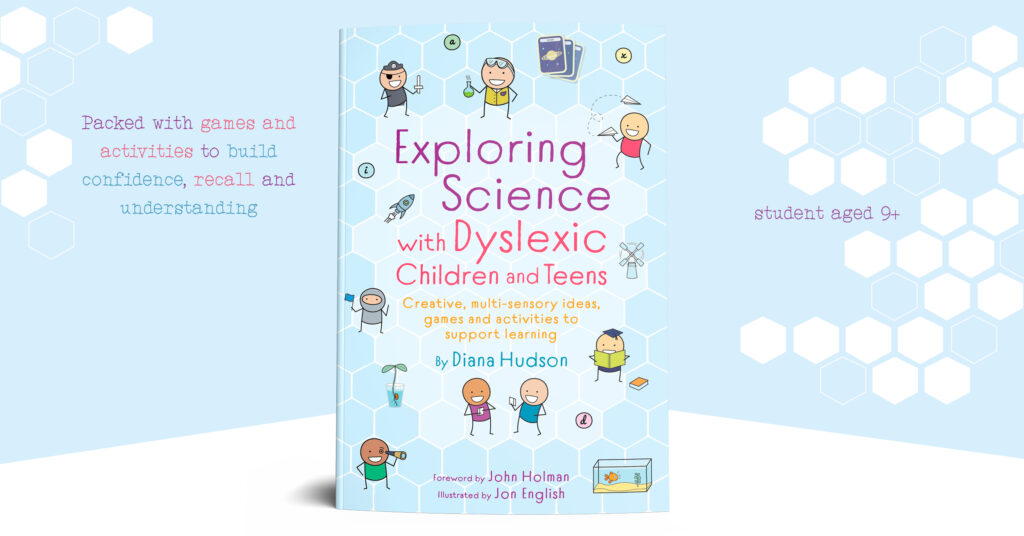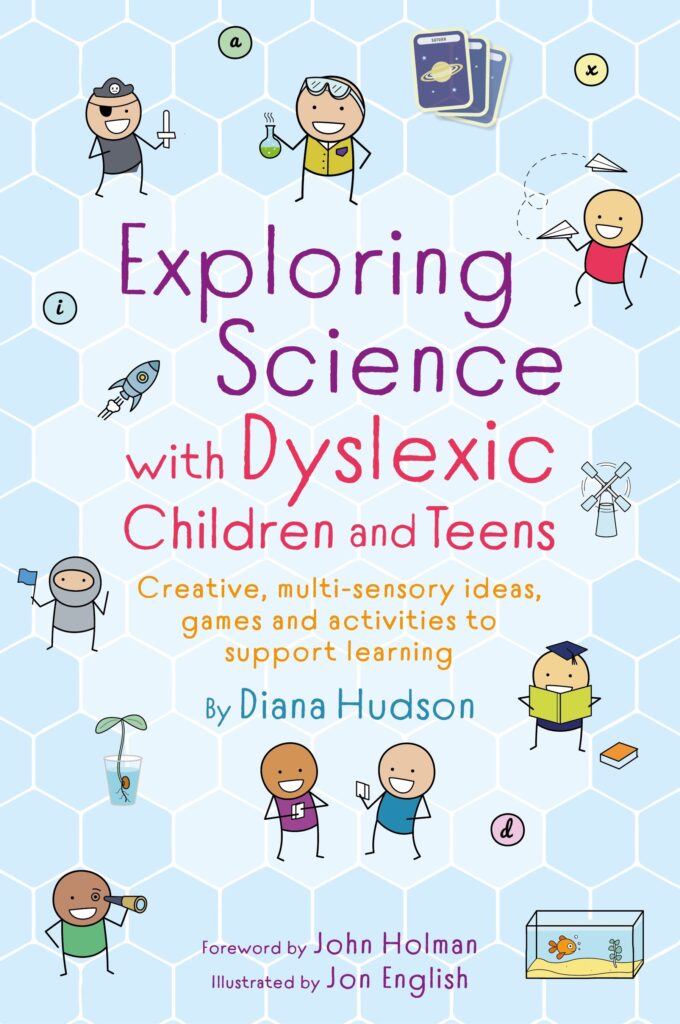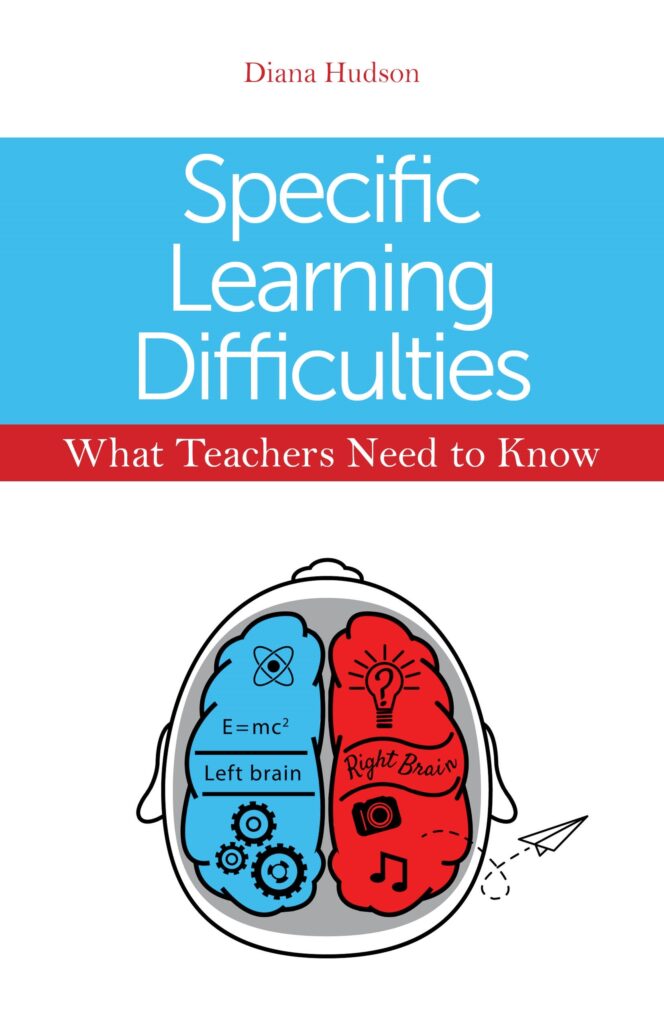Dyslexic spies can crack the hardest puzzles

According to the UK Times Newspaper in April 2021, ‘people with dyslexia are being actively sought in the fight against cybersecurity attacks. This is because they have the unique ability to see the bigger picture’
Why is it that dyslexic people are being actively sought by spy agencies? ………It is the same reason why they make innovative ground breaking scientists and inventors. People who have dyslexia think rapidly and visually and make lateral connections that other people may miss. They are intuitive and creative in approaching problems and therefore spot patterns, solutions or opportunities that may not be apparent to others. There are many successful scientists who would ascribe their success to their thinking differences as these enable them to approach problems from new and different perspectives and find unusual solutions.
To quote Professor Jack Horner, Curator of palaeontology at the Museum of the Rockies and a professor at Montana State University.
‘I would say that the advantage my learning disability gives me over virtually all other students is that I can do things differently. I can challenge the status quo.’
Many of these same successful scientists will, however, talk about struggling at school and being in the bottom groups for many subjects.
So why do these talented people not shine in school?
Sadly, children who have dyslexia and other related conditions are all too often defined by the problems that they encounter in reading, writing and spelling and not for the many skills and talents that they possess. Undoubtedly, many find school level science difficult in places and they often make mistakes and underperform in timed written tests and exams. This can lead to anxiety and stress and a feeling of being ‘stupid’ and ‘no good’. There is a real danger that they become depressed and disillusioned and even drop out.
By adopting a variety of different approaches when we explore learning these same children can engage actively with subject matter and really enjoy the learning process. Parents and teachers should try to find methods of approaching all subjects in ways that are different, fun and interactive; make up a song, produce a short film clip, have a photographic competition or set up a debate or a role play exercise.
Rote learning is made easier by using quirky connections, rhythm, rhyme pictures or models. With increased ability to recall facts accurately, no matter how they were remembered, comes increasing confidence and self-belief.
Playing games also adds to the fun of learning especially now that there is less family interaction through playing board games and cards. In my experience students of all ages love the opportunity to play a game and it can also serve as a useful reminder about taking turns and winning and losing!
A positive attitude is important for parents and teachers when helping children who have dyslexia and find some things difficult. Remember their talents and potential and be careful to reward progress, perseverance and small steps rather than always focusing on mistakes or test results.
Encourage kids who have learning differences to be inquisitive, ask questions, find out how they like to learn, work hard, persevere, treat mistakes as learning opportunities, set their goals high and keep a sense of humour. This way they will make it through school and emerge into a bright and optimistic future with a level of self-confidence that will allow them to follow their dreams.
They will not necessarily be sought by spy agencies but they could become tomorrow’s inventors, doctors, engineers, research scientists or even Nobel prize winners of the future.
About author Diana Hudson: I studied biology and I have been a teacher of both children and adults throughout my career. I specialise in and enjoy helping students who think differently and their parents. I have a PhD but I found school science difficult. I was diagnosed with dyslexia as an adult.

Exploring Science with Dyslexic Children and Teens is designed for parents and teachers and looks at different and lively approaches to looking at the world of science at school or at home.

Specific Learning Difficulties What teachers Need to Know was published in 2015 and has now been translated into 4 languages. It looks at dyslexia, dyspraxia, Dyscalculia, ADHD, ASD and OCD and considers the strengths and weaknesses of people who have these conditions and how teachers can best help their learning.